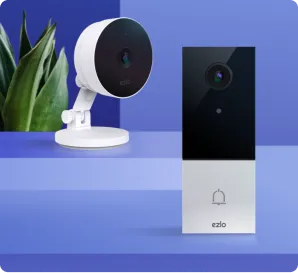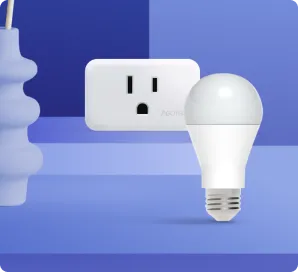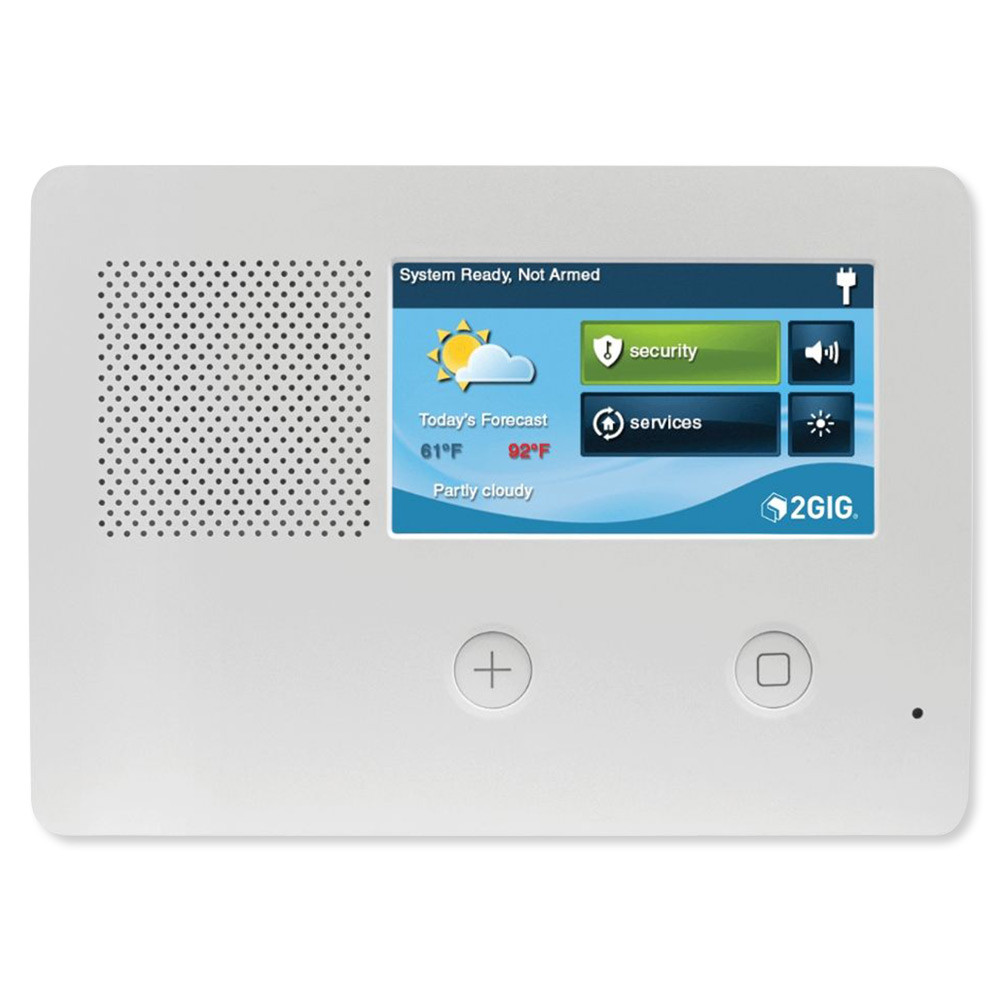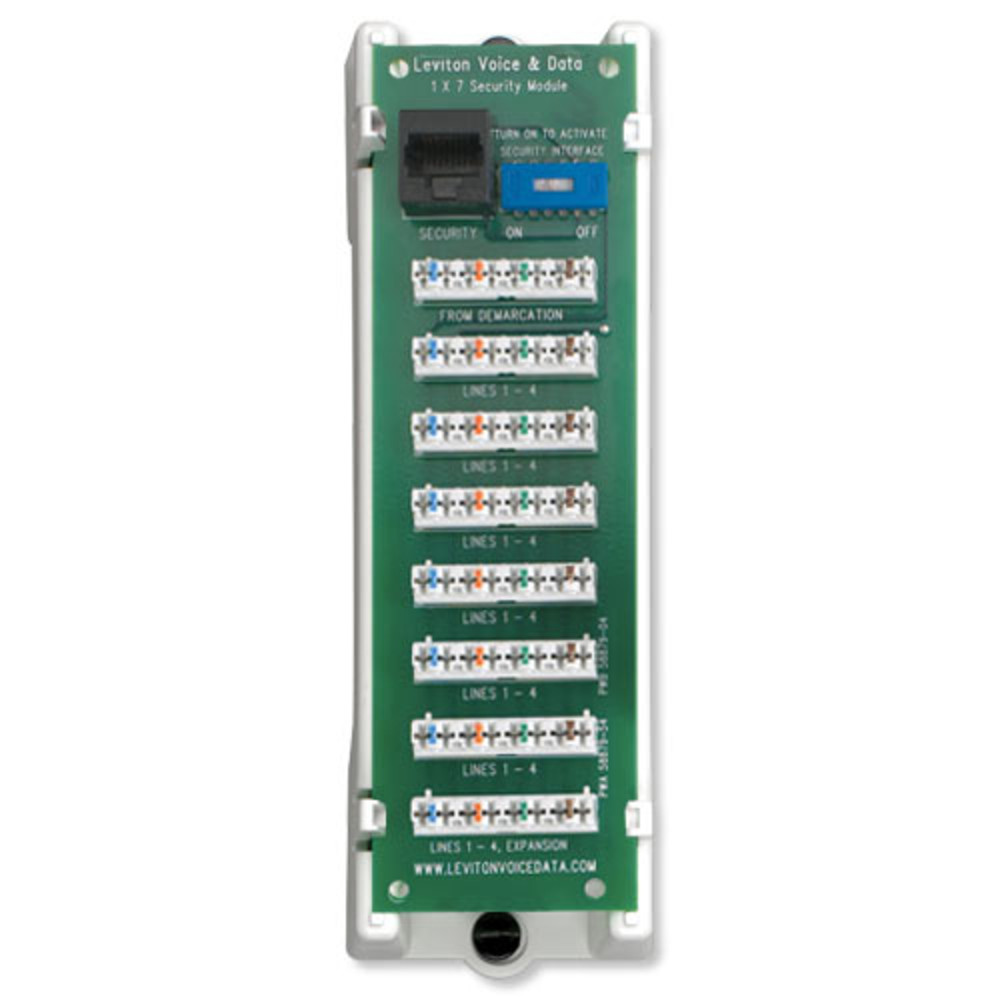Wireless versus Wired Home Security Systems Reviews
Smart-home technology has brought a sense of futurism into the security system industry, facilitating better protection and improved management. Homeowners no longer have to worry about installing fake cameras to scare burglars away. New tech has made these devices cheap and accessible.
As more people realize the importance of home security, it has become increasingly necessary to establish a utility buying guide. The reason for this is to enable homeowners to review specific brands and find equipment that suits their needs. 2023 has come with its fair share of break-out technology, with motion and night vision detection being the most popular additions.
This article focuses on home security systems reviews for product placement. The idea is to scrutinize popular brands on the market and identify which products provide the best value for money.
Home Security Systems Reviews
Any equipment purchased is judged based on two criteria-utility and cost-to-benefit value. With this in mind, it is critical to understand that an expensive product can be useless, and a cheap device can be beneficial. It is all about relativity. To get the right product, always research utility value.
Wireless Security Systems
Wireless networks have become popular mainly because they are cheaper and more convenient. Smart-Technology is synonymous with these systems, allowing you to establish and maintain an IoT home ecosystem that integrates into your entire network.
This Internet of Things facilitates a knowledge base that saves all your critical data in the cloud and allows you to create a system where all your devices are interconnected. In practice, you can integrate your lighting, heating, and your alarm system to work together as one utility unit. Wireless systems operate remotely through any smart device, and you get real-time monitoring.
Advantages of Wireless Tech
Most wireless devices are plug-and-play. These devices have an adhesive pad at the back that enables easy installation or moving of any component. Wire-free devices are scalable, can integrate into other security devices, and are difficult to disable.
Wireless equipment causes less clutter, does not require professional installation, and is less invasive. Flexibility is also a key factor here because wireless components can be re-positioned easily.
Pitfalls
With the increase in cyber-crime, cloud storage is risky if your data is not encrypted. Wireless devices also have a limited signal range, making them ineffective for extensive properties. These components also use batteries that require changing often. We also do not recommend them if you have a weak Wi-Fi connection or have several devices connected to your home network.
Wired Security Systems
Wired security systems give you longevity and better system reliability. While the wiring may take up a lot of space, these systems have more range. Using a hard-wired cable gives these systems more clarity and is linked to a DVR for video recording purposes. The only real issue with this type of system is cabling. It works just as efficiently as a wireless option.
Advantages
Wired technology has always taken the cake in audio and video clarity. This perk is still the most notable when comparing the two systems. Your equipment also has an uninterrupted power supply that facilitates reliable signals. These networks are wired-this means that hacking is not a concern.
Pitfalls
As mentioned earlier, long stretches of cables are difficult to hide. These network cables are also easily visible to burglars. Essentially, if someone wants to disable your entire security system, all they have to do is cut the connecting wires.
A complete home security network has components in many locations. If you have a wired system, you will need to connect all these devices to your central control hub. This issue means this system is very cost-intensive. You may have to break a few walls, run cables through your house, etc. Most homeowners do not have the necessary expertise to do all this work-that means extra costs for professional installation.
Wired devices also rely on electricity. Essentially, a power outage will switch off your entire system. Remember that wired systems are hard-wired-so if a burglar switches off your electricity, you are a sitting duck.
Buying Guide
Both solutions have their merits. Your selection depends on specific needs. If you have already purchased a house and don’t mind getting your hands dirty, you can try a wired system. If you live in a rented property and don’t have any experience with tools-wireless is the way to go.
Regardless of which one you choose, each option will guarantee system reliability.
Bottom Line
There are dozens of effective home security systems on the market. Try to research based on the cost to benefit value. Read customer reviews on specific products to see what the word on the street is. Once you have the necessary information, you will find a system unique to your needs.




















